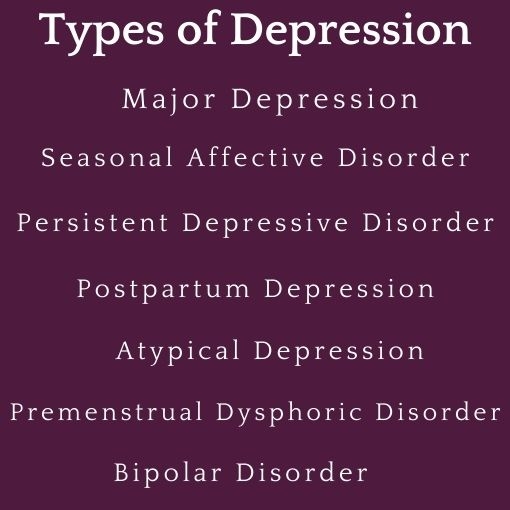
Major depression is sometimes called major depressive disorder, clinical depression, unipolar depression or simply 'depression'. It involves low mood and/or loss of interest and pleasure in usual activities, as well as other symptom. The symptoms are experienced most days and last for at least two weeks. Symptoms of depression interfere with all areas of a person's life, including work and social relationships.
Major Depression/ Clinical depression is also described by the seriousness of the condition:
Mild - Depression has a small impact on a person's daily life, but it is possible to function.
Moderate - Depression has a significant impact on a person's daily life, and it is difficult to function in some tasks.
Severe-
Depression has a major impact on a person's daily life, and it is almost impossible for these people to get through their daily tasks.
Bipolar Depression
Bipolar depression is a phase of bipolar disorder, which is a psychological condition where a person cycles between depression and mania.
Seasonal Depression/Seasonal Affective Disorder
Seasonal affective disorder, or seasonal depression, is another type of depression that comes in a seasonal pattern. This type of depression is also called ‘winter depression’ because most of the symptoms appear more severe during the winter months.
Cyclothymia
Cyclothymic disorder is often described as a milder form of bipolar disorder. The person experiences chronic fluctuating moods over at least two years, involving periods of hypomania (a mild to moderate level of mania) and periods of depressive symptoms, with very short periods (no more than two months) of normality between. The duration of the symptoms are shorter, less severe and not as regular, and therefore don't fit the criteria of bipolar disorder or major depression.
Postnatal Depression
After having a baby, it is possible that a woman could experience another type of depression, postnatal depression. In fact, about 10 per cent of all women who give birth experience postnatal depression, and it can also affect partners and fathers, though it is far less common.